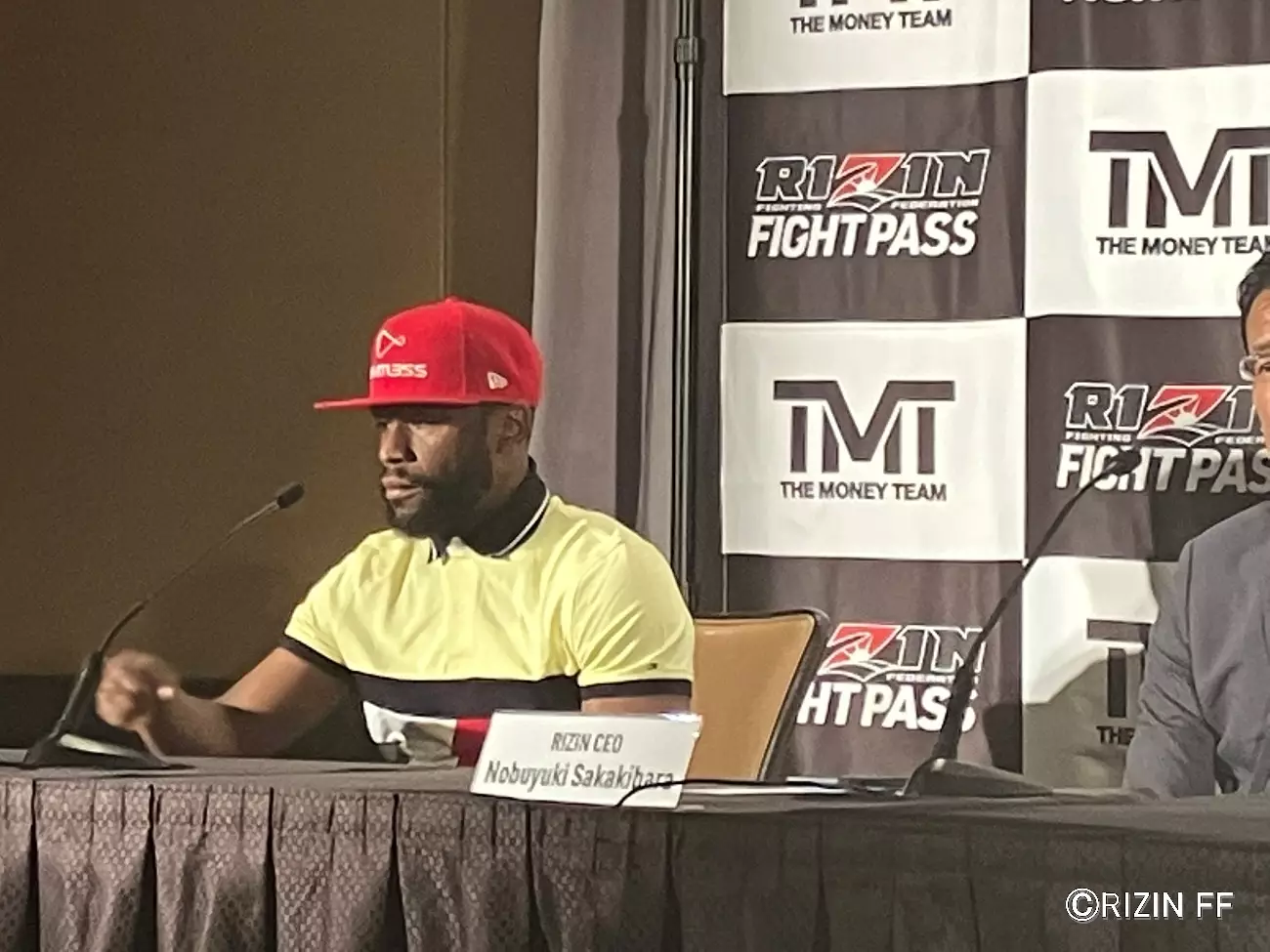The facade of financial success surrounding Floyd “Money” Mayweather appears to be cracking as recent protests at Mayweather Boxing and Fitness in Los Angeles expose troubling allegations of wage theft. A group of disgruntled employees publicly voiced their frustrations, claiming to have gone without pay for weeks. This shocking revelation raises questions about the financial management of one of boxing’s wealthiest figures, known for his excessive spending and lavish lifestyle.
Employees took to the streets, brandishing signs that echoed their discontent. Messages like “The $ (Money) Team has no $” and cheered support for phrases such as “Hard work, dedication… and then what?” captured the pain and irony behind the branding of Mayweather’s operation. Accusations of “labor trafficking” and “modern-day slavery” not only paint Mayweather in a poor light but also shine a harsh spotlight on the pitfalls of a business that should reflect the financial stability its owner supposedly possesses.
This scenario raises significant concerns about how someone so financially successful could reportedly neglect to pay his employees in a timely manner. It challenges assumptions that wealth equates to responsible financial practices and raises questions about accountability within Mayweather’s enterprises.
As employees continue to speak out, their voices expose a troubling culture of fear that has infiltrated Mayweather’s establishments. One employee lamented about the intimidation that often discourages workers from speaking out against unfair working conditions. “They silence you and they fire you because everything’s ‘at will,’” the individual stated, underlining a common issue faced by many in precarious job situations—fear of retaliation.
The reported lack of communication between Mayweather and his staff suggests a disconnect that is concerning for any company. An employee commented, “I was told that we can’t tell him” about the impending closure of their center, highlighting a troubling dynamic where workers feel utterly alienated from the decision-making processes of upper management.
For a man who frequently flaunts extreme wealth through elaborate displays, the public outcry is particularly damaging. Videos boasting over a billion dollars in real estate holdings seem disingenuous when juxtaposed with claims of unpaid wages for hard-working staff. The inconsistency presents an image of Mayweather not just as a champion boxer, but possibly as a negligent employer who undervalues his employees despite possessing vast resources.
While it is vital to recognize that every story has multiple sides—Mayweather may claim he has fulfilled his financial obligations—the silence from him amid such accusations raises questions about his commitment to his team’s well-being. As a high-profile figure and a public role model, Mayweather’s response to these allegations could play a crucial role in either restoring his reputation or causing further damage.
As Mayweather finds himself scrutinized amid these allegations, there exists a broader call for accountability within the sports and entertainment industries, where power dynamics often leave employees vulnerable. Fair treatment and timely payment should be the standard, not a privilege. As workers demand justice, it becomes clearer that even the wealthiest must not overlook the basic responsibilities that come with leadership. Floyd Mayweather’s next steps could determine how the world views not just his personal brand but the entire operation behind his boxing and fitness empire.


Leave a Reply